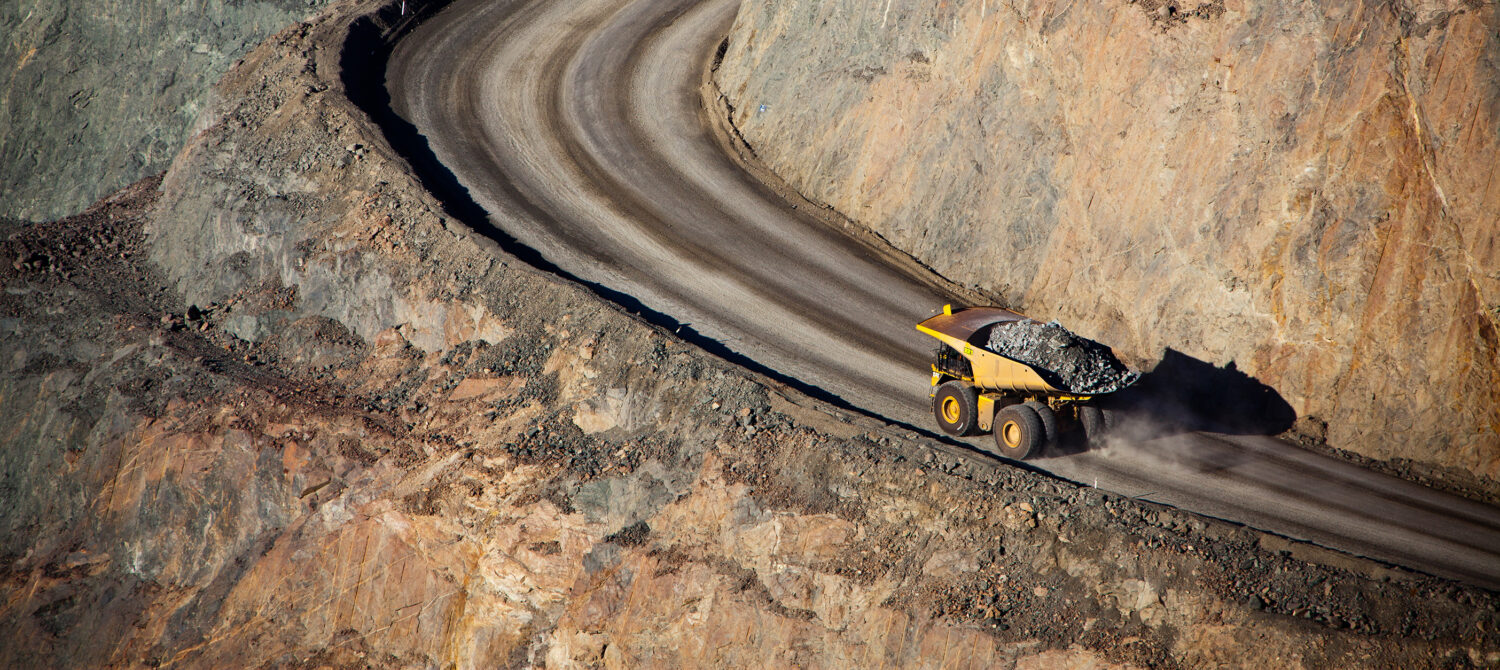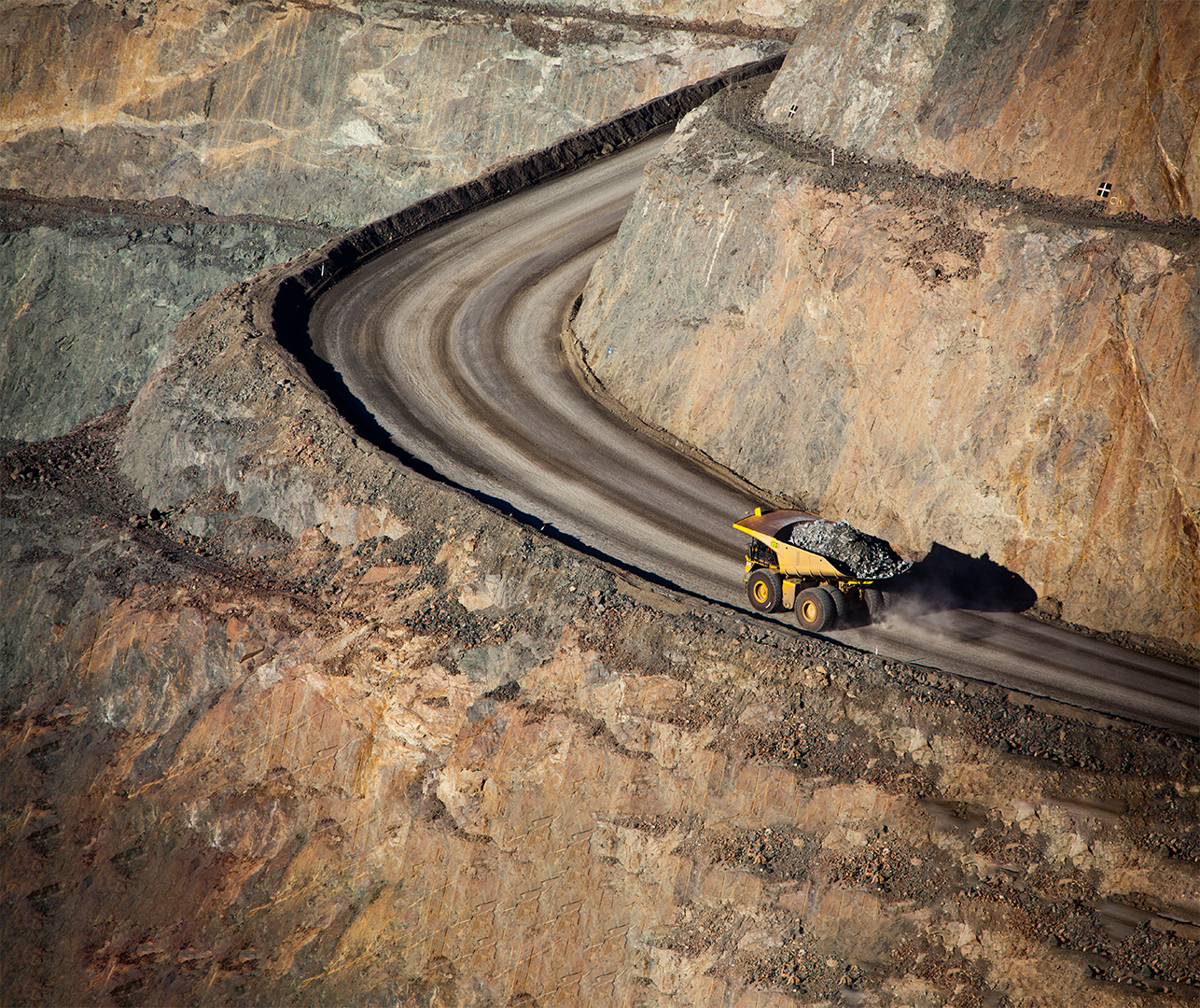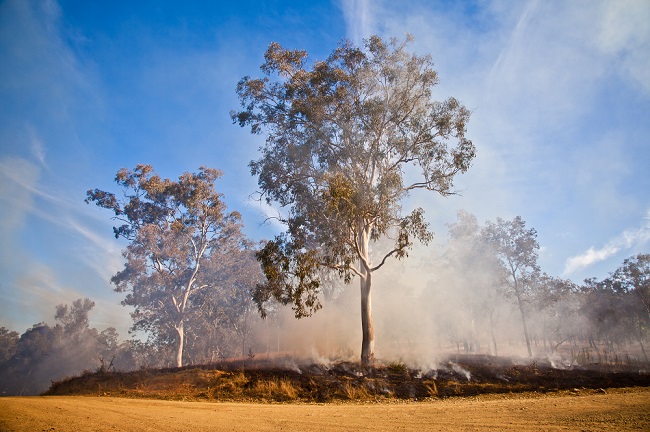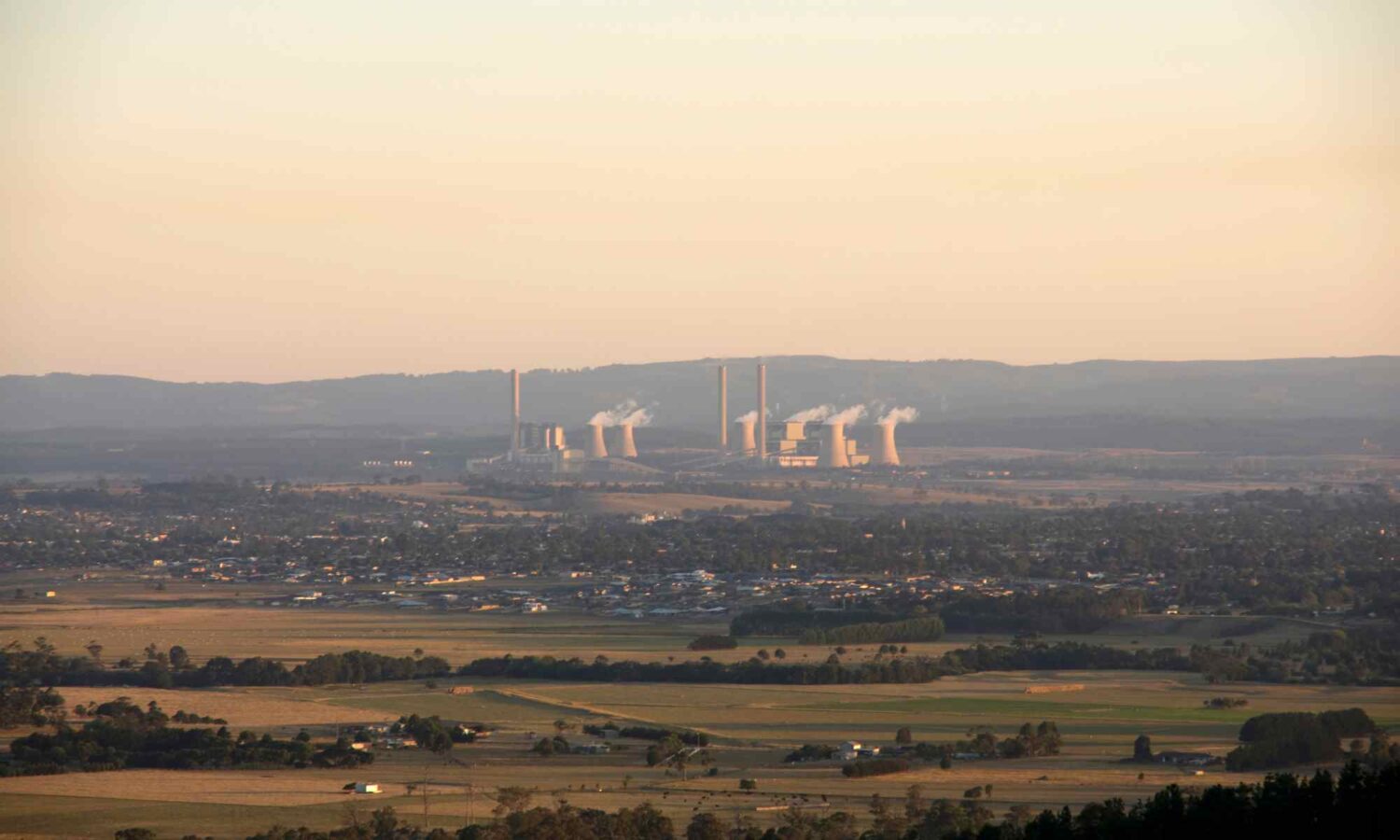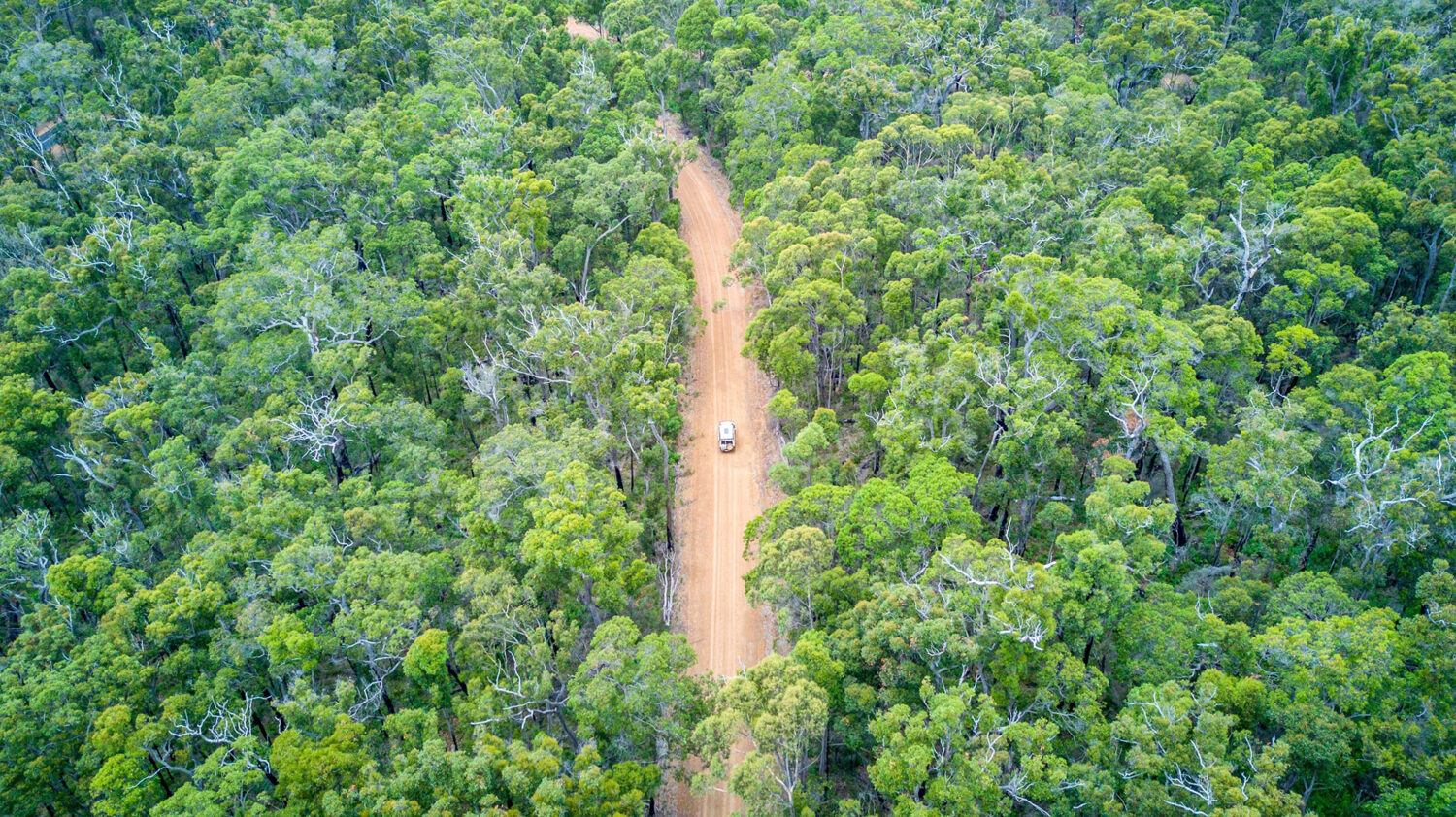Greenwashing is on the rise, undermining our efforts to tackle the climate crisis at a time when it matters most. We use the law to hold companies to account for the claims they make on climate and to change corporate behaviour for better outcomes for communities, investors and the planet.
For a safe future, scientists agree we have to rapidly phase out coal, oil and gas if we are to keep global temperature rise below 1.5°C.
A record number of businesses are making climate pledges in response to the growing demand for strong climate action from government and industry. In fact, over 70% of the top 200 listed companies on the Australian share market now have some form of net-zero claim.
With this comes a corresponding boom in companies greenwashing their climate credentials.
While some businesses are making significant strides toward decarbonisation, others are using deceptive marketing tactics known as greenwashing to improve their image and cover up massive fossil fuel expansion.
Learn more about our world-first Federal Court case over Santos’ ‘clean energy’ & net zero claims
Greenwashing isn’t just a harmless branding tactic.
This is the critical decade for climate action, but greenwashing is holding us back from fixing the climate crisis. It undermines efforts to rapidly cut greenhouse gas emissions and transition to a more sustainable economy by allowing companies to falsely claim they are taking action, when in reality they are continuing business as usual.
Greenwashing erodes public trust in all sustainability-related products and can unfairly divert investment away from true climate solutions, such as renewable energy, while keeping finance flowing into harmful coal and gas.
Together, we’re taking legal action.
Our lawyers work with clients and people to investigate potential greenwashing and ensure claims by major companies to cut carbon pollution are backed up by solid evidence and real action.
We run groundbreaking litigation to hold Australia’s biggest polluters – and the companies funding them – to account for misleading information. This work is essential for transparency and accountability in the corporate sector and an effective and timely response to the climate crisis.
What is greenwashing?
Greenwashing is false, misleading or deceptive conduct by companies which can cause people and investors to believe their products, services, or overall business model are more climate-friendly than they really are. By presenting false or exaggerated claims about their environmental efforts, companies can avoid taking meaningful action to reduce emissions and transition to low-carbon business practices, hindering progress and competitors who are taking steps towards a low-carbon economy.
Greenwashing can appear in various forms, including environmental marketing claims, product labelling, corporate messaging and advertisements, social media and online platforms and in the media.
A lack of regulation and standards for environmental marketing claims has allowed companies to engage in greenwashing with little accountability. However, with growing public awareness of greenwashing tactics and increased regulatory scrutiny, companies are facing greater pressure to align their actions with their messaging.
“The ACCC won’t hesitate to take enforcement action where we see that consumers are being misled or deceived by green claims.”
ACCC Deputy Chair Delia Rickard, September 2022
Greenwashing brings risks for investors
As the world shifts away from fossil fuels toward a clean economy, fossil fuel energy producers and their investors face growing financial risks, including the prospect of ending up with massive, stranded assets.
These risks won’t just impact energy companies. Researchers found Australian investors could lose a combined A$30 billion through stranded oil and gas assets, including almost A$13 billion in losses to retirement savings [1].
Australians have AU$3.5 trillion invested as superannuation assets. Some funds are invested in coal, oil and gas companies, meaning many Australians have their retirement savings exposed to the fossil fuel sector.
Read more

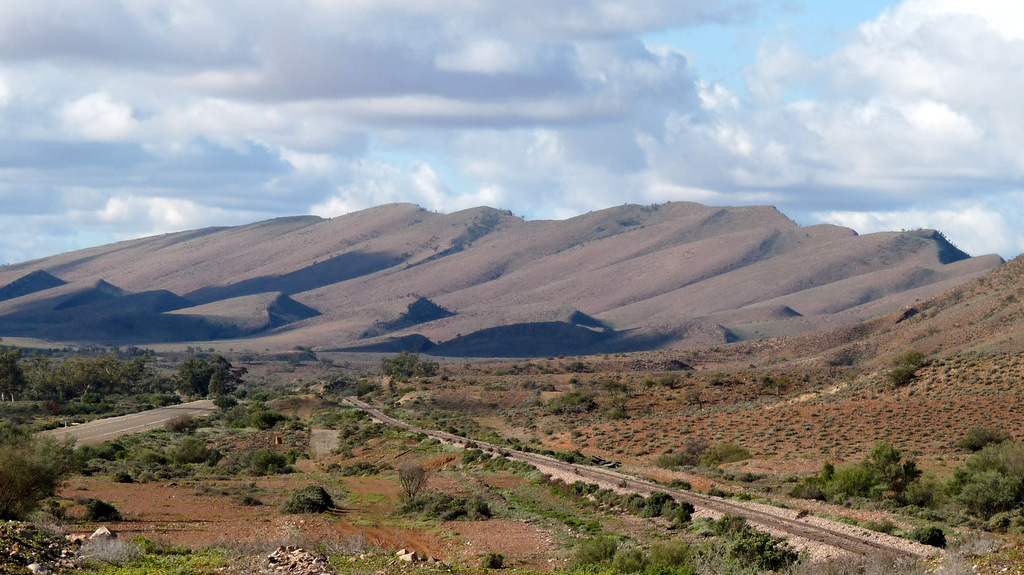

Proposed bill would make it harder to hold greenwashing companies to account
1 year ago — More and more businesses are making climate pledges in response to the growing demand for strong climate action from government and industry. In fact, almost 80% of the top 200 listed companies on the Australian share market now have some form of net-zero claim.
Resources and publications
